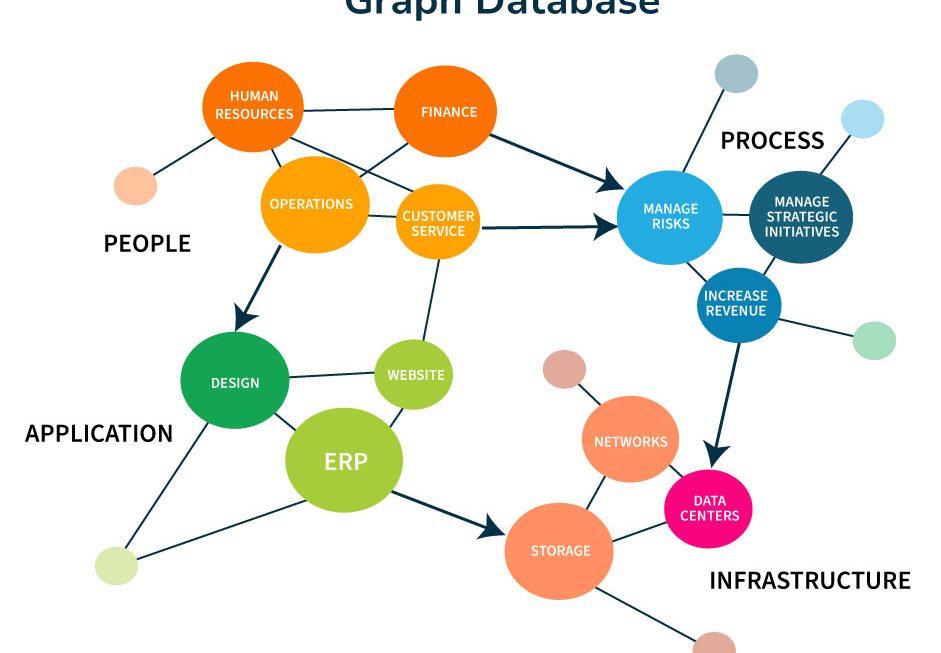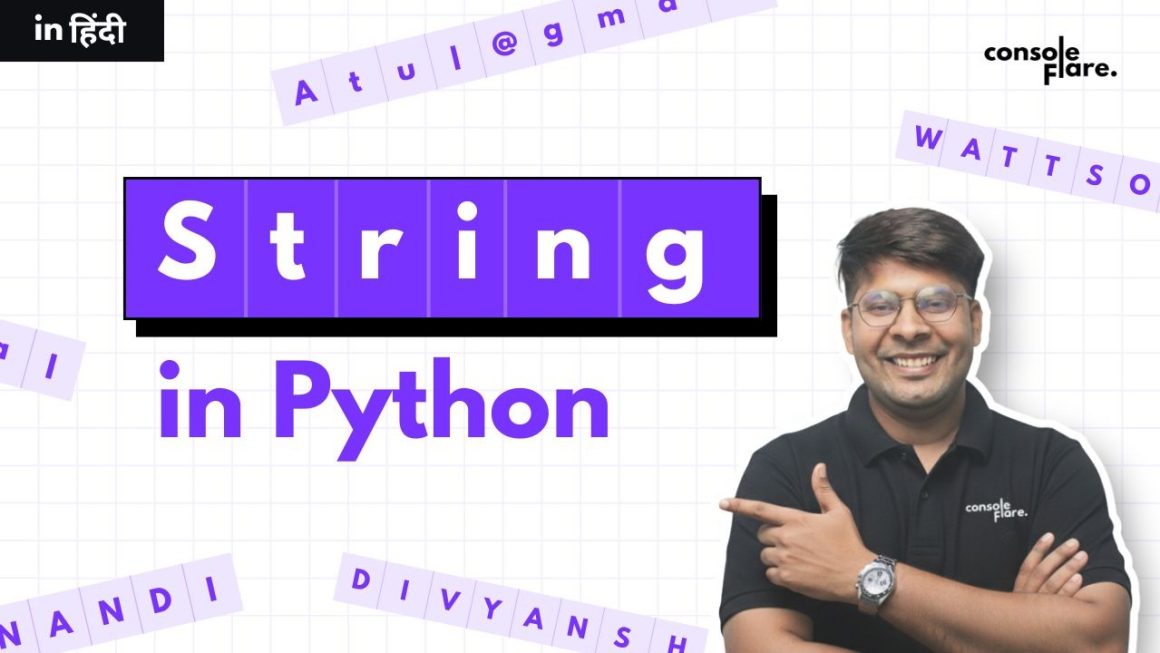However, time management is also one of the hardest skills to master, especially for people in data. If you are learning Python and SQL like most students, or working on dashboards and reports as professionals, it is all about managing your time that determines how quickly you progress. If you manage time wisely, then you will be able to finish projects before the submission date, you will remain confident, stress-free, and have a clear mind to work. In this digital age, it is essential to learn how to plan your day wisely because with all these distractions, growing your career becomes difficult.
Here is an easy-to-follow, step-by-step guide that anyone who is learning can understand. So, these tricks apply to data learners, working professionals, and freelancers to become more productive.

Time Management Tricks for Data Learners and Professionals
Prioritization and Planning
1. Categorize Tasks
Just start categorising all the tasks that you do on a daily basis, and you will see a change. Use something like the Eisenhower Matrix to work out and prioritize what is important and what is urgent. This also allows you to concentrate on the work that actually counts. This will save you time and energy on unnecessary hurrying when you know which task you have to attend to first. This one simple change adds more clarity and keeps you organised during the day.
Action Tips:
- Identify your important tasks
- Distinguish between work that is urgent and needs to be done, and work that can be done over the long term
- Do the thing that has the greatest effect
- Do not waste time on low-priority activities
- Review your categories every morning
-
2. Break Down Large Projects
When a project is large, it can be terrifying and overwhelming. So the smartest way to deal with them is with bits. Dividing a big project into simple steps makes it easier to get started and stay the course. It feels less stressful with the small nerves, and also, you get an instant realization that you are moving forward. And it keeps your consistency up without burnout.
Action Tips:
- Top Project Management step is break down large projects into smaller tasks
- Give each step enough time
- Make a checklist of subtasks
- Celebrate small wins to stay motivated
- Track your progress regularly
-
3. Set Clear Goals
Well-defined goals give you clarity in knowing what you want to achieve and the time you must allocate to each activity. It is super easy to plan when you are clear about your objective. You work on the things that propel you forward, and ignore things that distract you. Having clear goals also makes you more confident that you know exactly what you are working for.
Action Tips:
- Choose what you plan to accomplish in a week
- Be specific and write down your goals in a line
- Connect each task with a goal
- You must establish a time frame for your achievements
- At the end of the week, review your goals
-
4. Plan Your Day
Saving you an absolute ton of hours of your planned day. Beginning your day with a plan gives you clarity of when to study, when to work, and when to rest. This prevents confusion as it is all set in stone. Schedule time slots for learning, meetings, intense focus, and review. This makes your schedule both more predictable and repeatable.
Action Tips:
- Organize your work at night or first thing in the morning
- Allocate time slots for each activity
- Reserve time for deeper learning
- Do not overschedule yourself throughout your day
- Give yourself enough breaks
-
5. Use Technology Wisely
If used correctly, technology is your best friend in managing time. These include digital calendars, to-do list apps, and reminders, all of which help you stay on track. They also help to remember the deadlines and events. Many hours can be saved with the reduced manual work that an automation tool can do for you. The focus should be on technology enhancing ease in life, not otherwise.
Action Tips:
- Use a Calendar for Classes / Meetings
- Set reminders for deadlines
- Use task management apps
- Keep all devices in sync for seamless workflow
- Do not use more than one app at once
Execution and Focus
-
1. Minimize Distractions
Distraction is one of the worst enemies of productivity. The notifications, social media, and unsolicited calls disrupt your focus. Your mind gets distracted, and this results in work being accomplished slower rate. The only way to focus is to clear everything around you. You can achieve more with higher quality in less time with a distraction-free environment.
Action Tips:
- Turn off unwanted notifications
- Do not touch your phone in the process of deep work
- Use website blocking tools
- Be sure to work in a clean, quiet area
- Let friends or family know that you are working
-
2. Avoid Multitasking
Multitasking affects productivity, contrary to the popular belief that multitasking saves time. Doing two things at one time divides your attention and increases your chance of making a mistake. Focus on one task at a time; that is the best way to do it. This helps you yield better results and keeps your mind fresh.
Action Tips:
- Complete one task before you move on to another
- Do not keep changing the tabs over and over again
- Focus fully during deep learning
- Take it easy on your workflow
- Avoid unnecessary pressure
-
3. Batch Similar Tasks
Batching is the same thing, basically grouping the same type of activities. This prevents time whatsoever spent alt-tabbing around and switching tasks. For instance, go from checking email 10 times a day to only twice. It helps keep us in the flow and reduces cognitive load.
Action Tips:
- Group emails, calls, and messages
- Batch data cleaning tasks
- Batch content creation tasks
- Learn one thing at a time and practice another thing one at a time.
- Reduce movement between unrelated tasks.
-
4. Start Tasks Early
Get on with your tasks in advance and take the pressure off, and exert more control. You learn to conduct meaningful research, contemplate, and revisit your drafts when you give yourself time. You also bypass last-minute stress, which is the biggest contributor to mistakes! Those who start earlier have more confidence and complete quickly.
Action Tips:
- Begin before the deadline
- Don’t think, just take the First Step
- Get over the mental block of starting early
- Spend the most time polishing your work
- Reduce unnecessary delays
-
5. Tackle Challenging Tasks First
Everybody has a moment of the day when they are most energetic and fresh. Use this gap as an opportunity to tackle your most difficult work. Do the hard work first, and the rest of the day is easy. This truly helps you build confidence and alleviates all mental pressure.
Action Tips:
- Identify your peak productivity hours
- During that time, do your most challenging work
- Reduce fear of difficult tasks
- Keep easy tasks for later
- Build a strong daily routine
Maintaining Productivity and Well-Being
-
1. Take Regular Breaks
Taking breaks is crucial for your brain. Endless working results in exhaustion, low energy, and burnout. Techniques such as Pomodoro keep you fresh and focused. Quick breaks help your brain to recuperate so that you can go back to the task at hand with greater focus.
Action Tips:
- 25 minutes on, then 5 minutes off
- Use breaks to stretch or walk
- No scrolling through social media during breaks
- Give your eyes a break from looking at screens
- Hydrate your body
-
2. Learn to Say No
And most importantly, sometimes you need to learn how to say no to extra work. When you take on more work than your capacity, it causes more stress and lower quality. Polite Declining: Declining politely saves time and saves mental health. It also holds you accountable to your own goals.
Action Tips:
- Get rid of the task that is not your priority.
- Protect your time and energy
- Kindly tell them that the extra work you cannot take
- And as the saying goes, Quality > Quantity
- Reduce pressure from unnecessary commitments
-
3. Review and Adjust
Time management is not a one-time thing. You should be going over your schedule every single week. This allows you to reflect on what you did well and what needs work. With practice, you will become a master in time management.
Action Tips:
- Check your weekly performance
- Remove activities that waste time
- Step by step, make your planning better
- Keep track of which tasks take more time
- Improve your schedule from week to week
-
4. Delegate Tasks
Delegation is an incredible time saver. If you don’t have to do it, don’t do it. That way, you can spend more time on other high-value tasks such as analysis, coding, or simply improving your knowledge. Delegating helps you to be more productive while doing less work.
Action Tips:
- Delegate low-priority tasks
- Believe in the person you give the task to
- Keep communication simple
- Use saved time for learning
- Take the pressure off your daily life
Conclusion
It’s easier said than done; tricky time management is all about not just the speed. It is about balance, focus, and discipline. Focus on planning your day, prioritising your tasks, and establishing your attention as protected territory, and your productivity will blossom like a flower. These are simple habits that will help you learn data skills or work in the industry in a more effortless and faster fashion. We at ConsoleFlare always impart to learners that strong time management skills always serve the purpose of learning Python, SQL, Power BI, etc, right. Using the right guidance and using time in the right way, anyone can create a successful career in data.
For more such content and regular updates, follow us on Facebook, Instagram, LinkedIn




